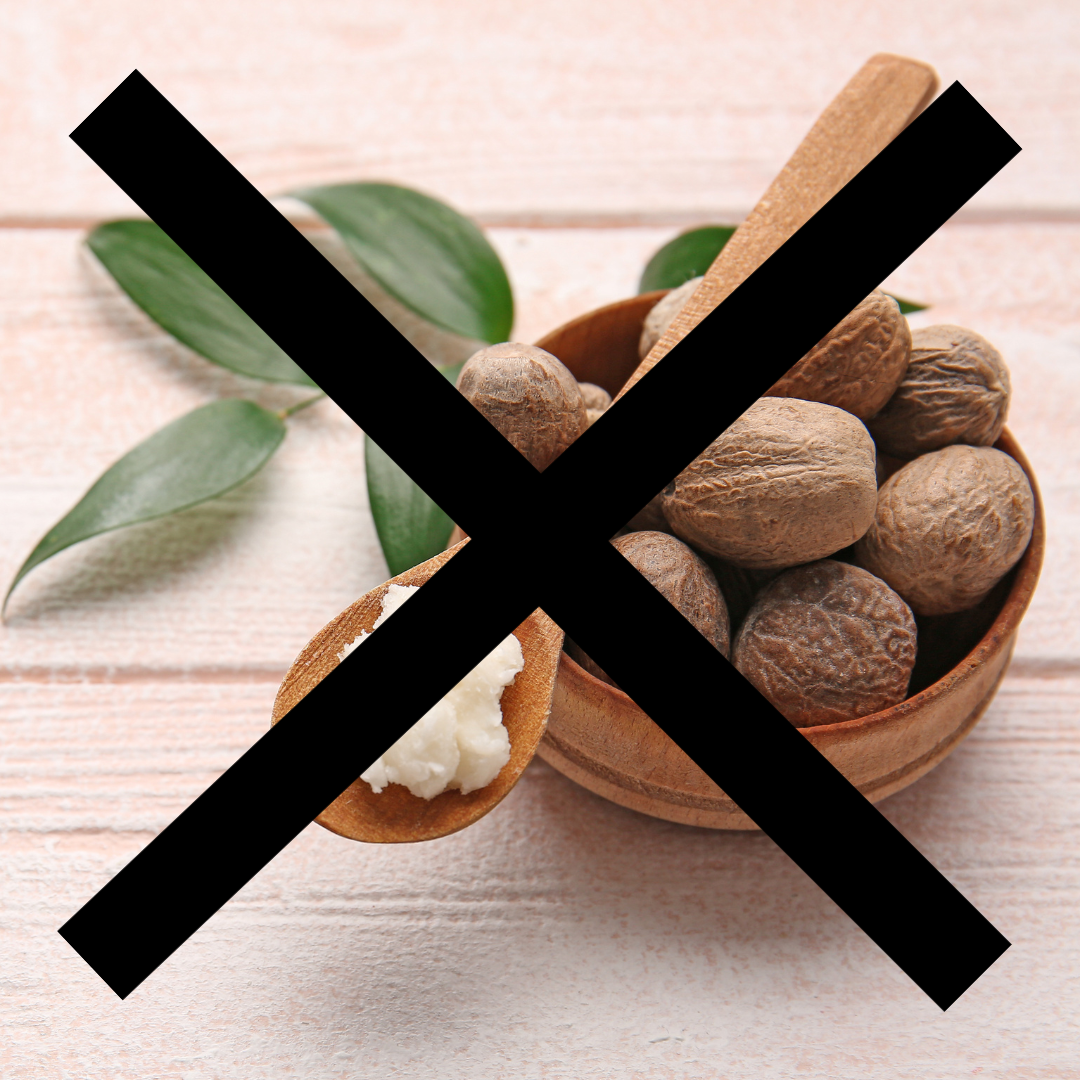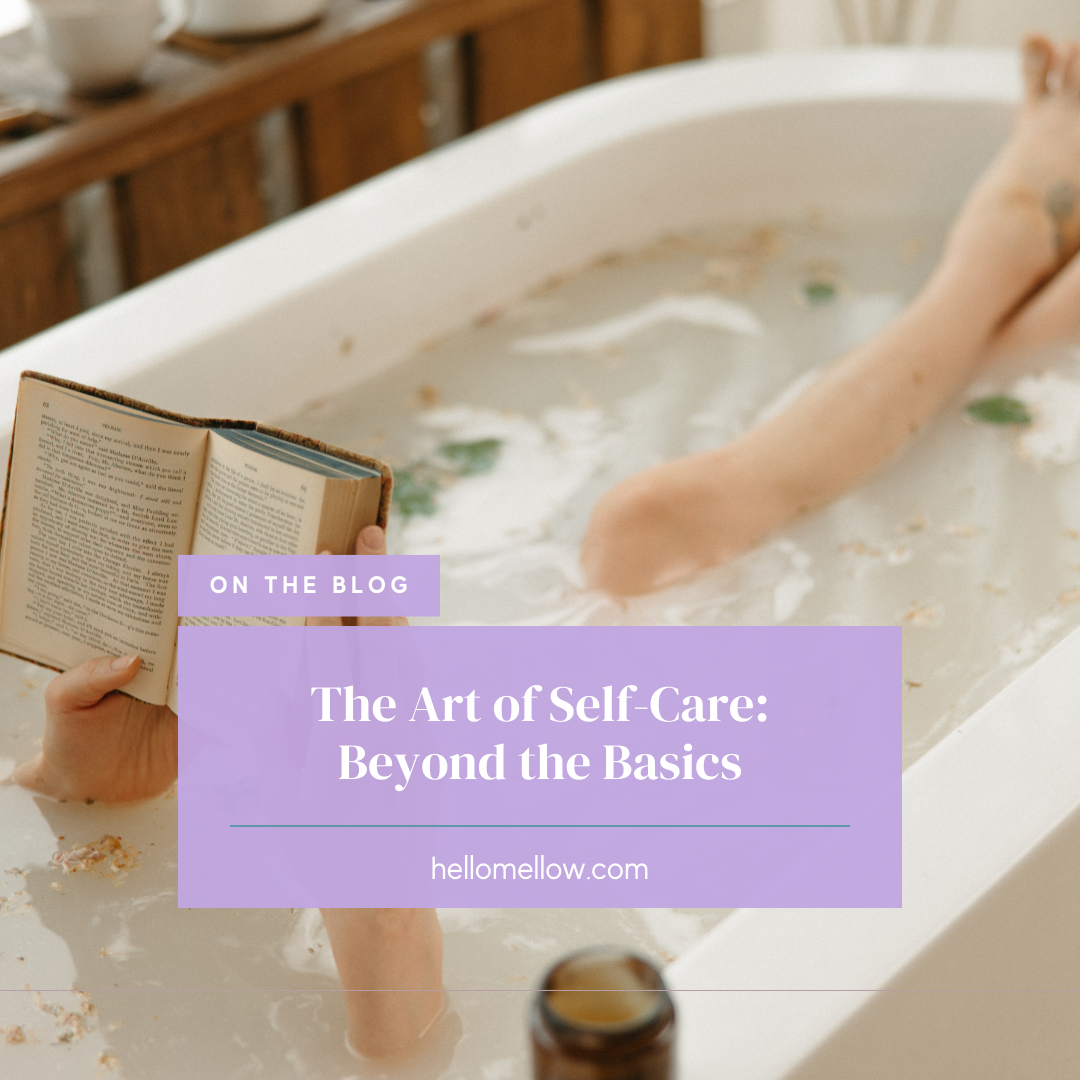Shea butter has long been hailed as a staple of the beauty industry, known for its moisturizing and anti-inflammatory properties. It's used in a variety of products to help hydrate and nourish the skin. However, some concerns have arisen regarding its safety, sustainability, and alternative options for those who may react negatively to it.
Potential risks associated with shea butter include allergies and sensitivities, especially for those with latex sensitivities. Additionally, the environmental impact of its extraction raises questions about its sustainability and the potential harm done to local ecosystems. As a result, people are increasingly looking for alternative natural moisturizers that offer similar benefits without the potential drawbacks of shea butter.
In light of these concerns, it's essential to be aware of the ingredients in your beauty products and take steps to find healthier, more environmentally friendly alternatives. By understanding the potential risks and identifying viable alternatives, you can make informed decisions about the products you use in your skincare routine.
Key Takeaways
- Be aware of potential risks associated with shea butter, such as allergies and sensitivities.
- Consider the environmental impact of shea butter extraction and the need for sustainable alternatives.
- Learn how to identify shea butter in products and seek out alternative natural moisturizers for your skincare routine.
- Find brands that don't use shea
Potential Risks of Shea Butter Use
Allergic Reactions
Although shea butter is generally safe for most people, some individuals may be prone to developing allergic reactions due to specific sensitivities or allergies. It is crucial to conduct a patch test before using shea butter, especially for first-time users.
Symptoms of an allergic reaction may include:
- Redness
- Itching
- Swelling
- Hives
Comedogenic Properties
Shea butter has a low comedogenic rating, but it can still cause breakouts for people with acne-prone skin. This means that while it is unlikely to clog pores for most users, those with a predisposition to acne might find that shea butter aggravates their skin condition.
When selecting beauty products, it's essential to consider the following factors:
- Skin type: Understand your skin type (e.g., oily, dry, sensitive, or combination) to choose products that cater to your specific needs.
- Product formulation: Opt for non-comedogenic and hypoallergenic products as they are designed to reduce the likelihood of causing breakouts and allergic reactions.
- Patch testing: Always perform a patch test when trying a new product to ensure that it doesn't trigger an adverse reaction.
By carefully evaluating and understanding these potential risks, you can make informed decisions regarding the use of shea butter in your beauty routine.
Environmental Impacts of Shea Butter Extraction
When using shea butter in your beauty products, it's essential to understand the environmental impacts associated with its extraction. Shea butter production involves several stages, which can negatively affect the environment.
One of the main concerns is the use of firewood during the extraction process. Traditional shea butter production methods often rely on burning wood to heat and dry the shea nuts. This practice contributes significantly to deforestation and greenhouse gas emissions. In fact, a study found that over 75% of the entire GHG supply chain emissions come from post-harvest processing and extraction in Ghana.
Apart from deforestation, shea butter production can also lead to the depletion of natural resources. To produce shea butter, vast quantities of water are required for various stages of the process, including depulping the fruit and macerating kernels. The excessive consumption of water can be detrimental to the environment, especially in regions where water scarcity is already an issue.
It's worth noting that there are potential solutions for reducing the environmental impacts of shea butter extraction. Some low carbon alternative supply chains have been proposed, such as using stoves to reduce wood consumption or even mechanical extraction methods. Nevertheless, these adaptations need to be more widely adopted and studied to ensure their effectiveness.
As a consumer, it's crucial to remain informed about the environmental implications of the products you use and to consider alternatives when possible. By making conscious decisions and supporting sustainable practices, you can help create a positive change in the beauty industry and reduce the environmental footprint of your personal care products.
Alternative Natural Moisturizers
When looking for alternatives to shea butter in your beauty products, there are a few options that provide great moisturizing benefits while still being natural. Two of the top alternatives are avocado butter and mango butter.

Avocado Butter
Avocado butter is a wonderful, all-natural moisturizing option for those with sensitive or dry skin. With its nourishing and hydrating properties, it makes a perfect alternative to shea butter. Some benefits of avocado butter include:
- Rich in vitamins A, D, and E, which help to nourish and repair the skin
- Contains antioxidants to protect the skin from environmental damage
- It has a light texture, making it suitable for all skin types
To incorporate avocado butter into your skincare routine, you can:
- Use it as a facial moisturizer, applying it to clean skin both morning and night
- Mix it with your favorite essential oils for added benefits and fragrance
- Add it to homemade body butters or lotions for a natural, moisturizing boost
Mango Butter
Another excellent alternative to shea butter is mango butter. Like shea butter, mango butter has emollient properties that help to soften the skin and seal in moisture, making it an ideal choice for those looking for a natural moisturizer. Some key benefits of mango butter include:
- Packed with vitamins A, C, and E, which are essential for healthy skin
- Helps to soothe and heal dry, irritated skin
- Has a pleasant, subtle scent that many find more appealing than shea butter
Here are some ways to incorporate mango butter into your beauty routine:
- Apply it directly to your skin as a moisturizer, focusing on areas prone to dryness
- Create a homemade lip balm by combining mango butter with your favorite natural oils
- Use it as a base for DIY body scrubs or hair masks
By choosing these natural alternatives to shea butter, you can still enjoy the benefits of a moisturizing, nourishing beauty product without the potential irritants shea butter may cause for some individuals.
How to Identify Shea Butter in Products
When looking for shea butter in beauty products, it's essential to know how to spot it in the ingredients list. Shea butter is often listed under its scientific name, Vitellaria paradoxa or Butyrospermum parkii. Be on the lookout for these names when scanning product labels.
Ditch the Shea For Something Better
hellomellow products are formulated without shea. Using only avocado butter, mango butter, and essential oils chosen to support your mood, hellomellow body butters, oils, and scrubs are non-toxic, safe, and most importantly, effective. Users report not only improved smoothness, softness, and the general health of their skin, but improvements in eczema symptoms, rashes, chaffing, and burns.
hellomellow is formulated an intention basis. Not only do the products nourish your skin, they also can help you shift your mood. Whatever the shift your looking for, hellomellow has an aromatherapy combination to suit your needs. To learn about hellomellow's intentions, you can click here to go to their "mood board".
They also have lines formulated for babies and kids (kiddo), and moms-to-be (preggo).
 |

|
hellomellow has been handmade since 2007.
Frequently Asked Questions
What are the potential drawbacks of using shea butter on acne-prone skin?
While shea butter is known for its moisturizing and soothing properties, it may not be the best choice for those with acne-prone skin. Its thick consistency can potentially exacerbate breakouts by trapping excess oil and dirt on your skin InStyle.
Can shea butter cause clogged pores or is it non-comedogenic?
Shea butter has a comedogenic rating of 0-2, meaning it has a low potential to clog pores. However, since everyone's skin is different, you may still experience clogged pores if your skin is particularly sensitive or reactive Savvy Selector.
Why might some individuals be advised against incorporating shea butter in their skincare routine?
Although shea butter may be effective for many, certain individuals might need to avoid it due to allergies, skin sensitivity, or concerns about the composition of the product itself. If you're unsure about whether shea butter is right for your skin, it's best to consult a dermatologist or patch-test before incorporating it into your routine Aedit.
How do dermatologists view the use of shea butter in skincare products?
Although opinions can vary, many dermatologists view shea butter as a beneficial ingredient in skincare products due to its soothing and moisturizing properties. However, they might advise caution or suggest alternatives for individuals with specific skin concerns, such as oily or acne-prone skin Aedit.
Is shea butter suitable for those with oily skin types?
Since shea butter has a thick consistency and is primarily a moisturizer, it may not be the most suitable ingredient for those with oily skin types. It's essential to determine your skin type and select products suited to meet your specific needs. For oily skin types, lighter, water-based products might be more appropriate than thick, oil-based products like shea InStyle.
Is there a product line that can nourish and soften my skin without shea butter?
Yes! hellomellow skincare is an all natural line of body oil, body butter, and body scrubs formulated without shea butter.




